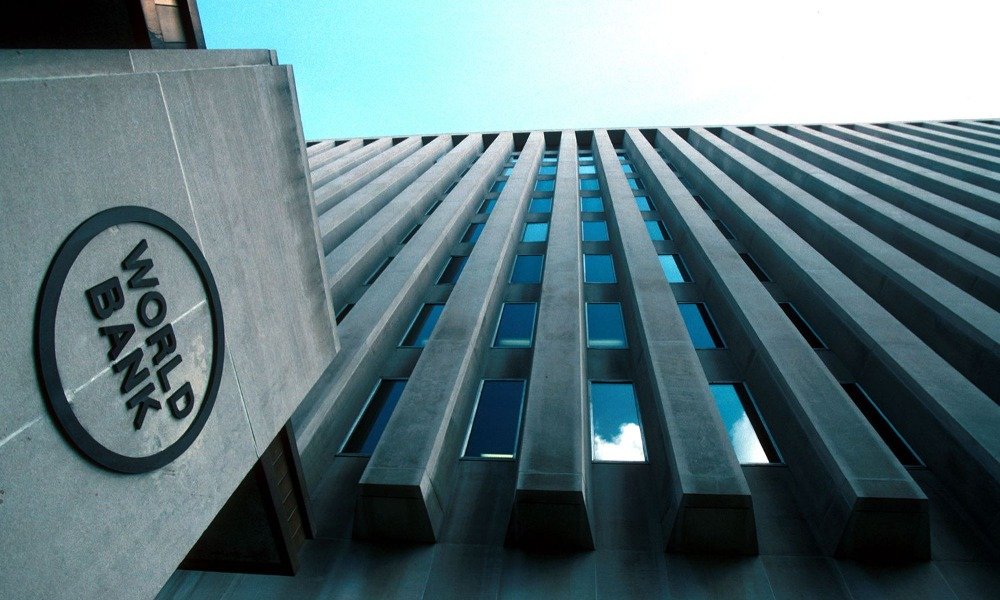World Bank approves $85 million in grants for Afghanistan

The World Bank has approved two grants totaling almost $85 million from the International Development Association (IDA), as part of a $393 million financial package to help Afghanistan overcome the impact of the COVID-19 pandemic and improve access to clean water, sanitation, and public services.
In a statement issued on Friday, the IDA said COVID-19 has had a severe impact on Afghanistan both socially and economically.
“As they face the pandemic and ongoing conflict, many poor and vulnerable Afghan households subsist on daily earnings, have little or no access to water, sanitation, or healthcare,” the statement read.
In line with this, the IDA has granted $85 million as part of two financial packages, which include additional support from the Afghanistan Reconstruction Trust Fund (ARTF), a multi-donor fund managed by the World Bank on behalf of 34 donors.
The IDA stated the financial packages are made up of $50 million from the association for the Afghanistan Water, Sanitation, Hygiene, and Institutional Support (A-WASH) Project.
The grant will total $200 million, including $150 million from the ARTF and the project will improve access to and quality of water supply in Kabul, Kandahar, and Herat and strengthen the capacity of Afghanistan Urban Water Supply and Sewerage Corporation (AUWSSC) to deliver sustainable services and contribute to national efforts to manage COVID-19 and other disasters.
For the Second Additional Financing of the Citizens’ Charter Afghanistan Project (CCAP), the IDA has given $35 million. This grant will total $193 million, including $158 million from the ARTF.
The project aims to improve the delivery of core infrastructure, emergency support, and social services to communities through strengthened Community Development Councils (CDCs).
Through this added financing, the Citizens’ Charter Project will expand its service delivery to 10 new cities across Afghanistan, continue to respond to the COVID-19 crisis among communities, provide critical assistance to Kuchi communities, increase employment through public works, initiate peace projects in rural and urban areas, and continue to strengthen gender equality.
“Access to clean water, hygiene, and basic services is essential to prevent the transmission of infectious diseases, including COVID-19,” said Henry Kerali, World Bank Country Director for Afghanistan.
“The new grant under the A-WASH project will address the core health and water needs of Afghan communities. The additional grant for the Citizens’ Charter Afghanistan Project will build on the tremendous results in delivering services to communities recent years and expand access for more Afghans,” he said.
